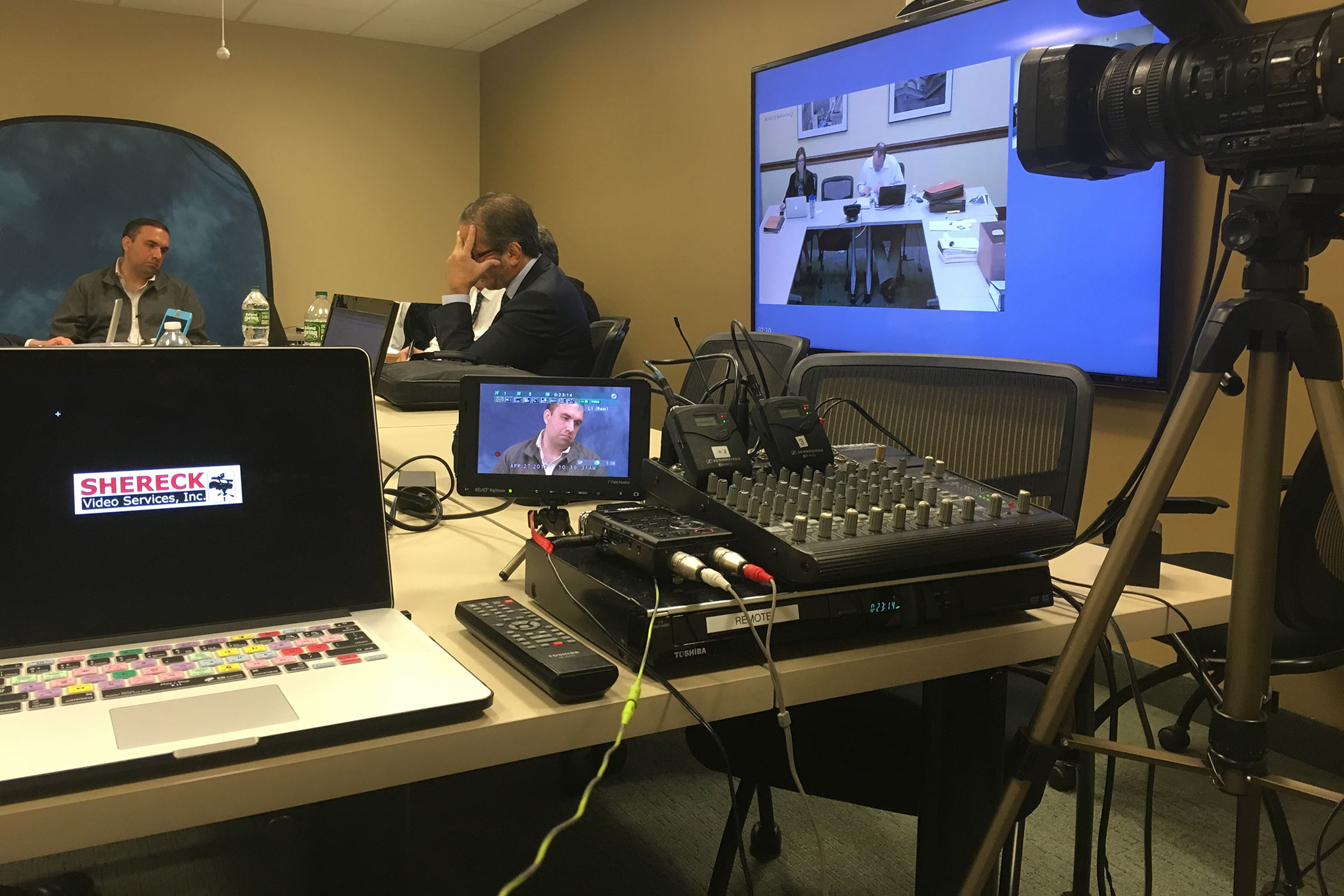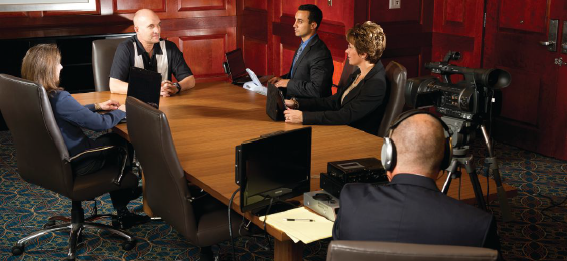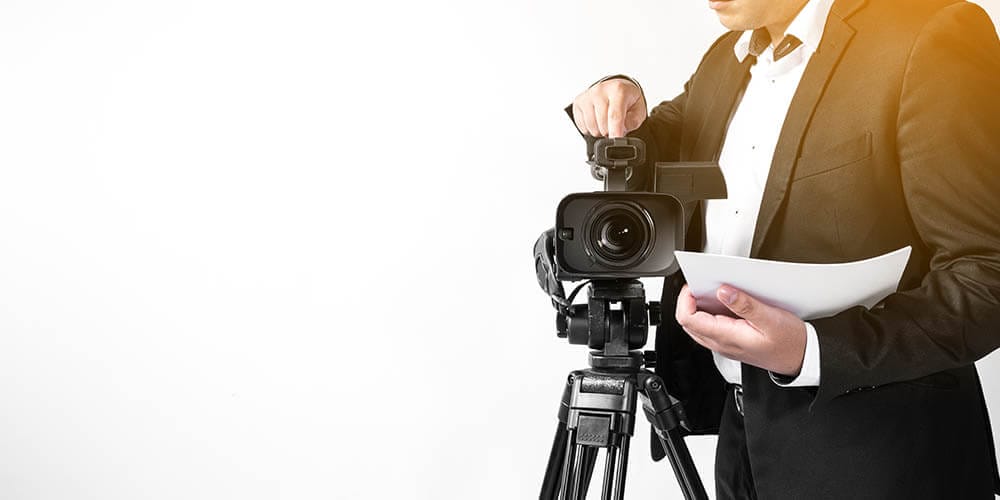Skilled Legal Videography Services for Litigation Needs.
The Duty of Lawful Videography in Depositions and Trials
Lawful videography has actually arised as an essential tool in both depositions and trials, providing a complex approach to recording witness statements. As legal specialists increasingly acknowledge its worth, it motivates a much deeper exam of exactly how these aesthetic documents can influence juror perceptions and trial results.
Value of Legal Videography
Legal videography plays a pivotal function in the documents and presentation of depositions and tests. This specialized area combines technological skills with lawful knowledge to create a trustworthy document of process that can substantially affect case results. The visual element of lawful videography enhances the understanding of witness statement, allowing jurors and courts to observe not only the talked words but likewise the attitude, emotions, and body movement of the witnesses.

The value of legal videography prolongs past the court; it likewise plays a crucial role in maintaining evidence for future reference, whether for appeals or more lawful activity. As such, its integration into the legal process is essential for making sure a fair and exact depiction of the truths, ultimately adding to the search of justice.

Process of Legal Videography
While capturing the nuances of depositions and trials, the procedure of legal videography involves several critical actions that make sure top notch, precise recordings. An expert lawful videographer prepares by examining the situation materials and understanding the certain requirements of the deposition or trial. This prep work includes acquainting themselves with the participants and the context, which assists in catching important details.
On the day of the recording, the videographer establishes the necessary tools, which commonly consists of high-definition cameras, microphones, and correct lights. Making certain ideal angles and sound quality is crucial, as it directly influences the performance of the recording. The videographer connects with lawyers and participants to establish procedures, making sure that every person comprehends the recording process.
During the deposition or trial, the videographer diligently videotapes the procedures, paying close interest to both verbal and non-verbal signs. legal videography. This consists of capturing the temperament and reactions of witnesses and lawyers. After the session wraps up, the videographer may modify the footage for clarity and compliance with legal standards, creating an end product that properly shows the proceedings for future recommendation and usage in lawful contexts
Advantages in Depositions
The consolidation of videography in depositions provides numerous benefits that enhance the total procedure of collecting proof. One primary advantage is the ability to capture witness testaments with aesthetic and auditory fidelity, offering an extra accurate representation of the witness's temperament, tone, and body language. This multidimensional strategy allows lawyers and juries to analyze reputation much more properly than standard written transcripts alone.
Furthermore, videographed depositions act as a powerful device for protecting testimony. Needs to a witness become unavailable for test, their recorded deposition can be played in court, ensuring that their proof stays easily accessible and appropriate. This element significantly lowers the threat of shedding vital information that could affect instance outcomes.
In addition, using lawful videography promotes better prep work for attorneys. Reviewing video footage enables lawful groups to examine and improve their approaches, recognizing staminas and weaknesses in their instances. This primary benefit can lead to even more engaging presentations in court.
Last but not least, videography improves the overall professionalism and trust of the deposition procedure, instilling confidence in clients relating to the thoroughness of their lawful depiction. By leveraging innovation, lawyers can substantially enhance the efficiency of depositions.
Effect On Trials
In several trials, the integration of videography can substantially influence the presentation of proof and the see this website jury's assumption. Lawful videography captures witness statements and important evidence in a dynamic format, allowing jurors to engage with the product on multiple levels. This visual component enhances the narration aspect of a test, giving context and psychological vibration that conventional text-based proof might lack.
Moreover, video recordings can act as effective devices for impeachment during cross-examination. When disparities arise in between a witness's previous statements and their courtroom testimony, video evidence gives an objective recommendation that can guide jurors' viewpoints. This immediacy and clarity can reinforce the credibility of a party's narrative while concurrently threatening opposing debates.
Furthermore, using videography can assist streamline complex info, making it a lot more easily his response accessible to jurors who might struggle to understand elaborate details offered solely via spoken statement. By incorporating visuals with auditory information, lawful videography can improve retention and understanding, ultimately influencing the court's decision-making process. Consequently, the effect of videography in tests extends beyond simple visual appeals; it plays a critical function fit the lawful landscape and end results.
Future Trends in Legal Videography
As we look towards the future of lawful videography, numerous emerging patterns promise to improve its role within the courtroom. One considerable pattern is the assimilation of synthetic knowledge (AI) in video clip analysis and modifying - legal videography. AI can enhance the process of determining vital moments in tape-recorded depositions, allowing attorneys to rapidly access relevant content, thereby enhancing efficiency in case prep work
Additionally, the rise of virtual fact (VIRTUAL REALITY) and enhanced truth (AR) modern technologies is expected to transform exactly how jurors experience proof. By submersing jurors in a simulated atmosphere, these technologies can provide a more extensive understanding of complicated scenarios, causing even more informed considerations.

Additionally, the raising need for remote depositions, accelerated by the COVID-19 pandemic, will likely proceed. Legal videographers will require to adjust to new software and platforms to make sure high-quality recordings in digital settings.
Lastly, the growing focus on information security will necessitate stricter protocols for saving and sharing video clip proof. As the legal landscape evolves, lawful videographers must stay abreast of these patterns to preserve their relevance and efficiency in the judicial process.

Conclusion
In summary, lawful videography serves a crucial feature in the judicial process, improving image source the integrity of depositions and trials. As innovation continues to progress, lawful videography is poised to further change its duty within the lawful landscape.